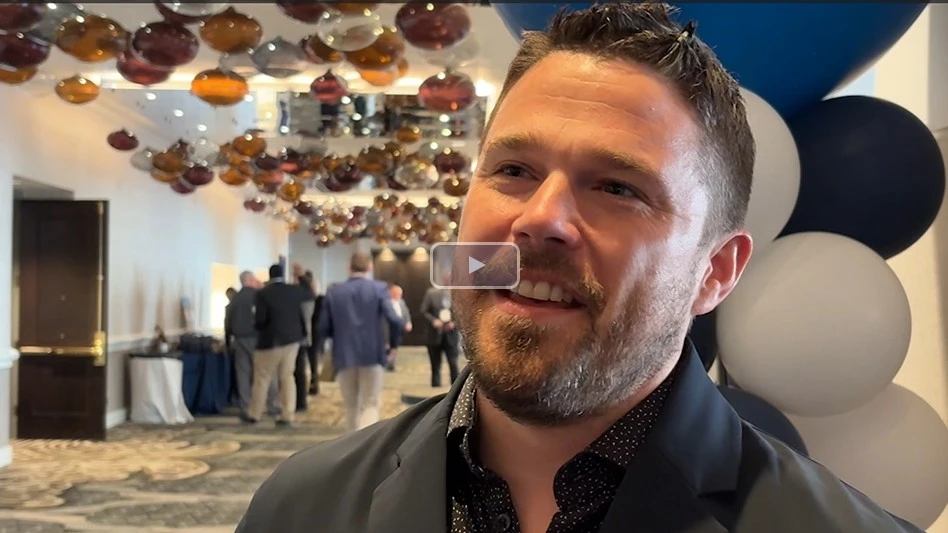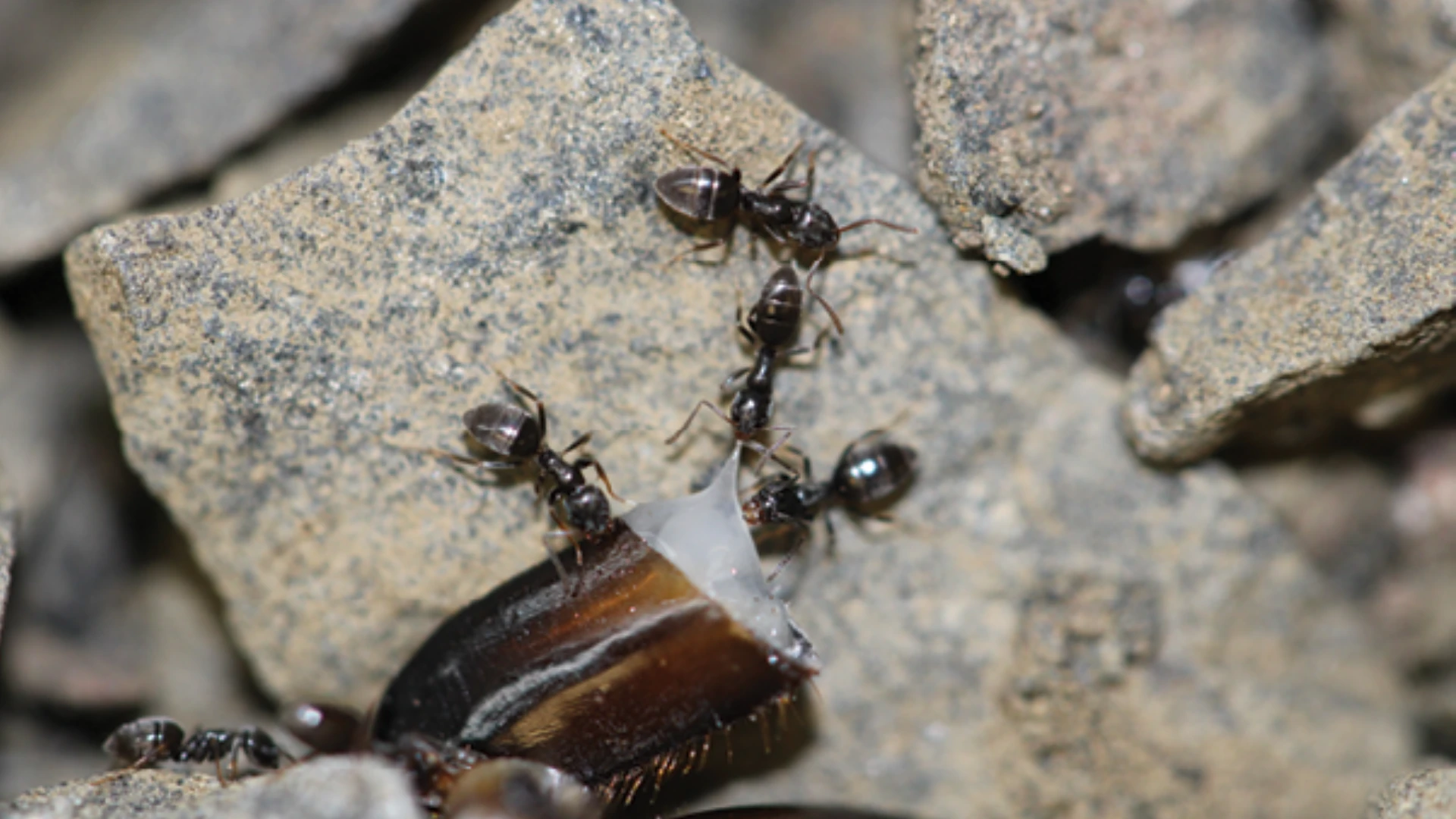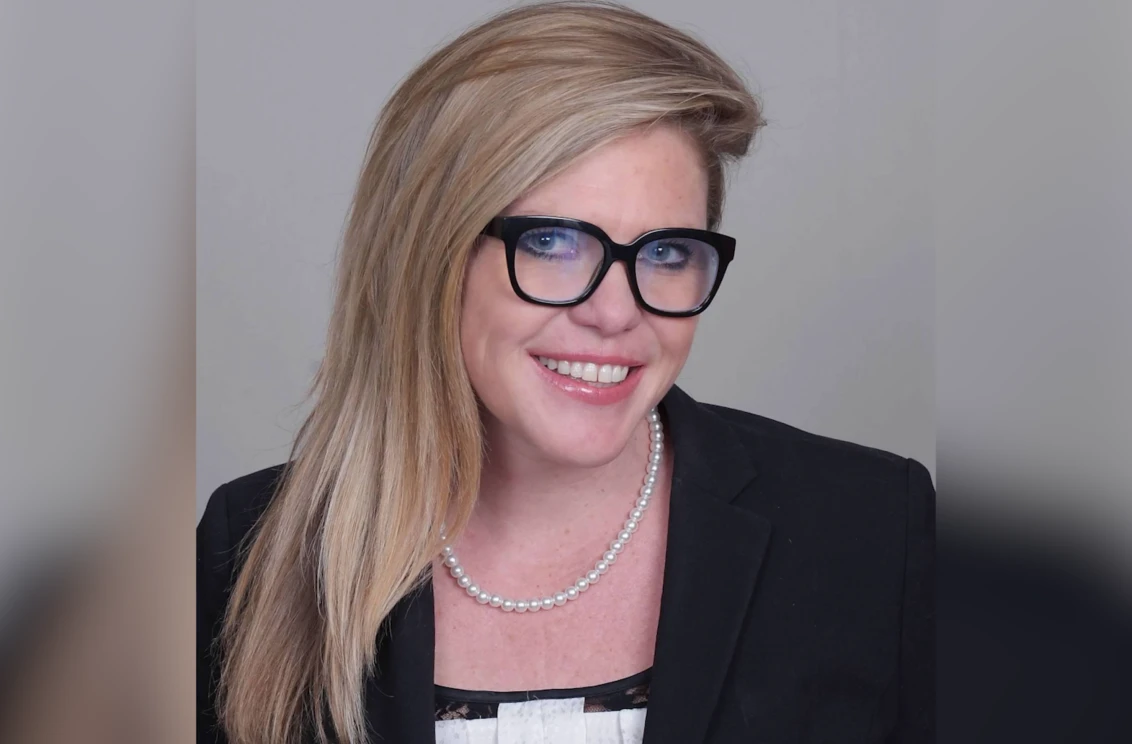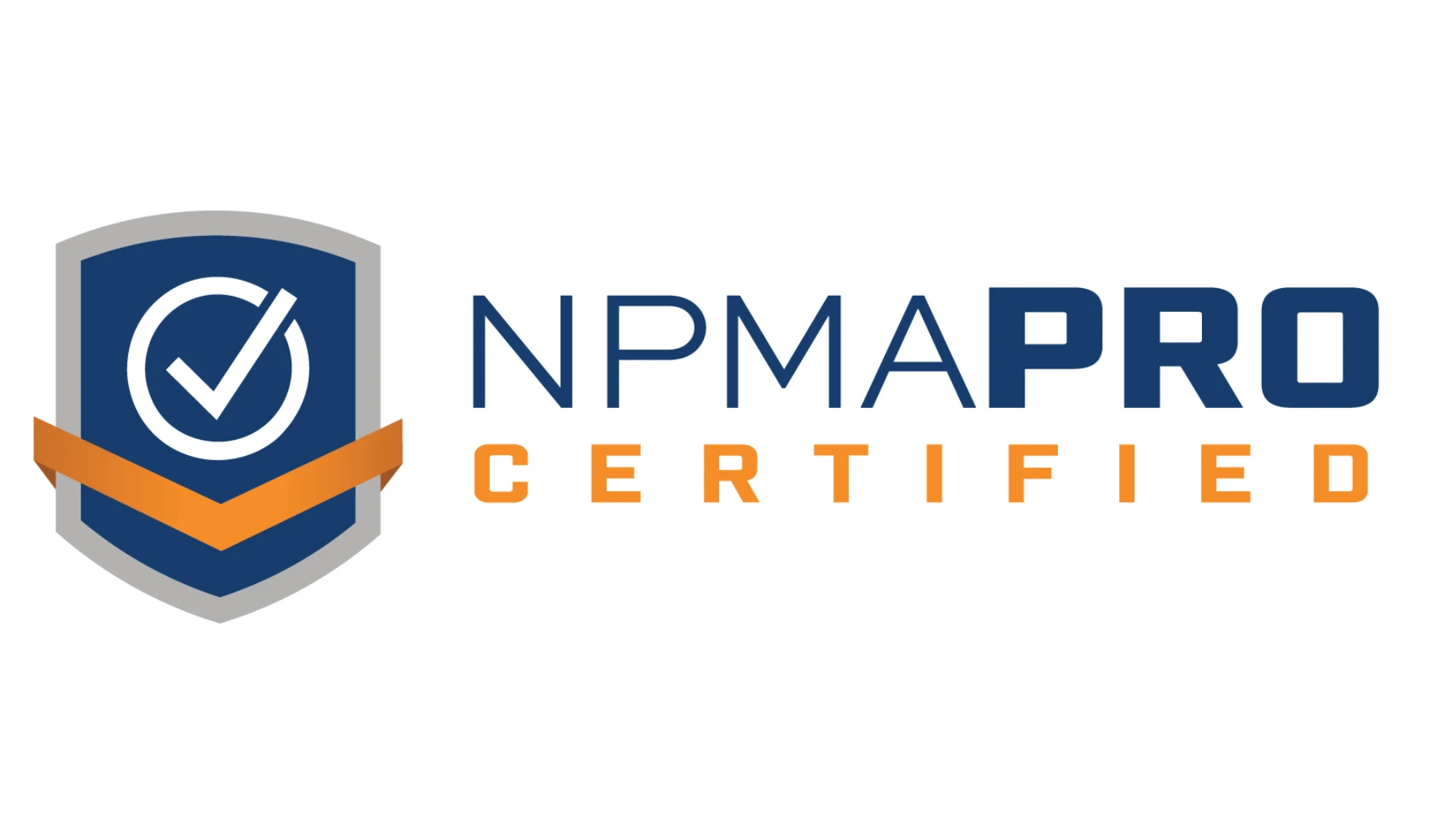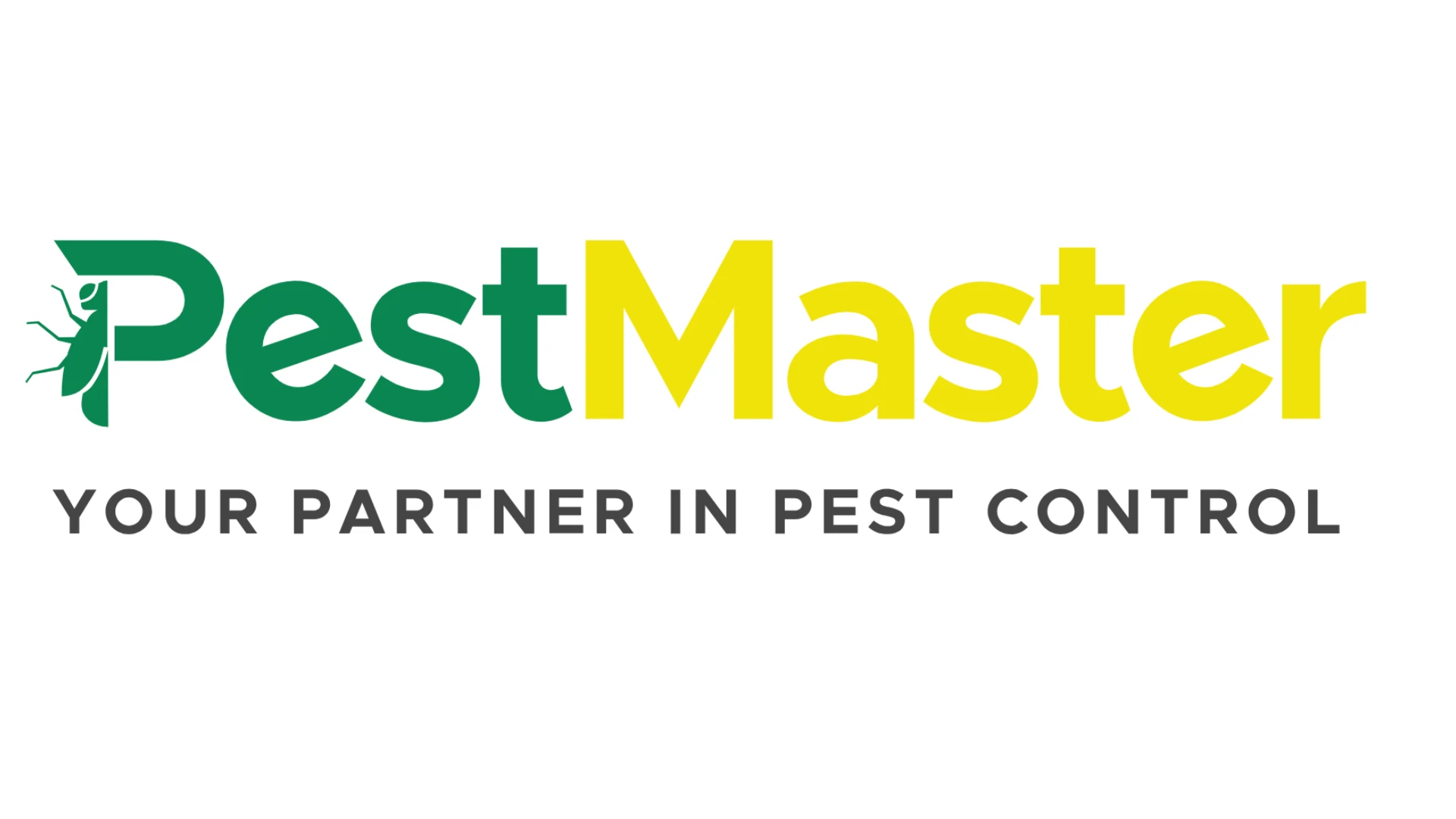WHY PCOS NEED INSURANCE
I read with great interest Richard Kramer’s ”Technically Speaking” column titled “Liability — A Different Twist” in the September issue of PCT.
After three readings I think I can say correctly that the word “insurance” doesn’t appear — not even once! And after giving some thought to the absence of the word I realize that what Kramer has done is to implore pest management professionals to communicate clearly and realistically to their customers. We’ve all recognized for many years that customers’ perceptions are their reality — whether their reality is the truth or not. For many years we have encouraged owners, operators and technicians to do their jobs as if they had no insurance and to complete every job with an understanding that there’s a potential liability every time someone asks you to correct a problem or give them an inspection report.
Insurance is designed to protect you from financial disaster, not to be there to fix what should have never happened in the first place. In a world where it is perceived that the customer is always right and that if something goes wrong someone else should “pay” we need to be even more deliberate in what we say, what we promise and what we deliver.
Michael Weisburger
Weisburger Insurance
White Plains, N.Y.
KRAMER AGREES
Thank God insurance companies are there. Their service to the industry should never be undervalued. My intentions are to do everything through education we can to prevent claims that cost both the pest management professional and their insurers money. Secondarily, I do not want to see companies use their insurance companies as a scapegoat for non-professional services.
Richard Kramer
Technical Director
American Pest Management
Takoma Park, Md.
PCT READER SAYS THANK YOU
Thank you for the trip to Toronto for the Whitmire Micro-Gen Institute of Technology. It was a truly unique meeting in an equally unique location. I highly recommend this event for anyone who wants an unbiased report on pest research. You find out things aren’t always what we thought and are still being told.
Michael Powers
Owner/Operator
Powers Pest Management
Elizabethtown, Pa.
Editor’s note: Powers was one of PCTOnline.com’s top 500 MyPCT users from Oct.1, 2000 to July 1, 2001. His name was entered into a random drawing from which he was chosen as the PCT Online User Sweepstakes Grand Prize winner. See page 32 for a review of the event.
READER RESPONDS TO IPM ARTICLE
I had the great pleasure of “talking shop” about IPM with Albert Greene at an IPM workshop a few years ago where both of us spoke on the subject (“IPM in Commercial Buildings, July PCT). I believe that he and I truly walk on “the same side of the street” when it comes to the idea of doing excellent pest control — um, “management” — through good practices, professionalism and “common sense” rather than ideological bents. While Greene is against “superfluous monitoring, record-keeping or detailed protocols,” his program at the U.S. General Services Administration depends on encouraging tens of thousands of employees to report any pest sightings.
I truly envy the simplicity of Greene’s system, however, I think there is a need for more emphasis on good information capture and management, not less. Good pest management is ultimately based on good information management. The companies with the best reputations have always been those who have the best trained and the best motivated staff, as well as the best systems of customer service. Part of this lays in training staff meticulously both in terms of what they should do and also using “smarts” in the best way to do the job. On top of this, in some complex situations, such as in the food industry or in housing, the “art” of pest control is how to prevent problems, reduce problems and increase efficiencies of control.
The real challenge to the industry is to use existing technologies to empower field staff by encouraging professionalism in reporting that enables excellence in the management of accounts and in the control of pests. There is a need for balance of course, and a realistic outlook. Such systems enable ease of data capture that can be used to great advantage in pest management programs.
One of the real difficulties to which Greene does allude is when that ideology is distorted beyond practicality, and the result is that good pest management suffers or becomes ridiculously expensive to implement. The pressure now of IPM standards is really the outcome of years of inappropriate application of residual insecticides due to a lack of good pest management practices. The beauty of Greene’s program is that unnecessary pesticide application was reduced dramatically by his elaboration of a practical early warning reporting monitoring data capture system. In this sense Greene is guilty of being responsible for the collecting of a lot of information, none of which, of course, was superfluous.
Greene’s reflections on IPM are appreciated. The lesson is that good information collection and management is a critical and necessary part of IPM practices.
Sam Bryks
Manager, Pest Control Programs
Metropolitan Toronto Housing Authority
Toronto, Ontario, Canada
Readers are invited to write to PCT, 4012 Bridge Ave., Cleveland OH 44113. Letters also can be faxed to 216/961-0364 or e-mailed to jdorsch@pctonline.com. Letters may be edited for space or clarity.

Explore the November 2002 Issue
Check out more from this issue and find your next story to read.
Latest from Pest Control Technology
- Target Specialty Products Expands Sales Leadership Team
- Mosquito Joe Promotes David Price to Vice President of Strategic Growth
- Abell Pest Control Recognized as One of Canada’s Best Workplaces in 2025
- Scorpion Launches Capacity Marketing Engine
- Petti Pest Control Owners Reflect on Finding Success as a Father-Son Duo
- Effective Mitigation of Crow Infestations
- Mosquito Control: Spraying vs. IPM
- Terminix Service's Leaders Inducted into South Carolina Business Hall of Fame
